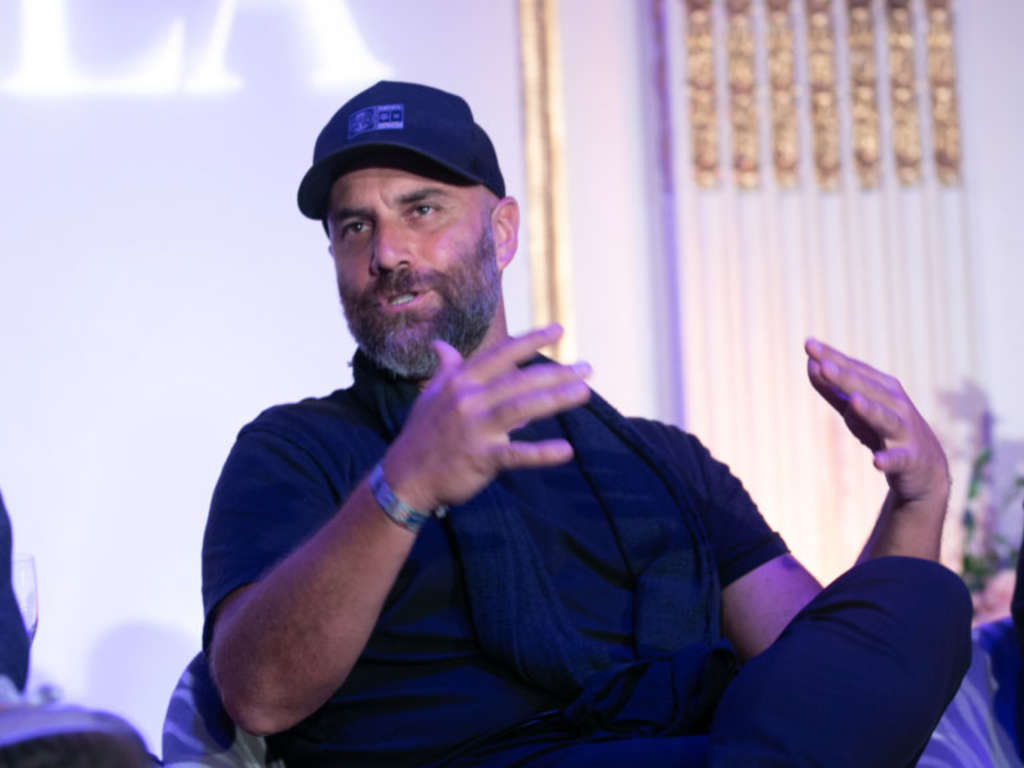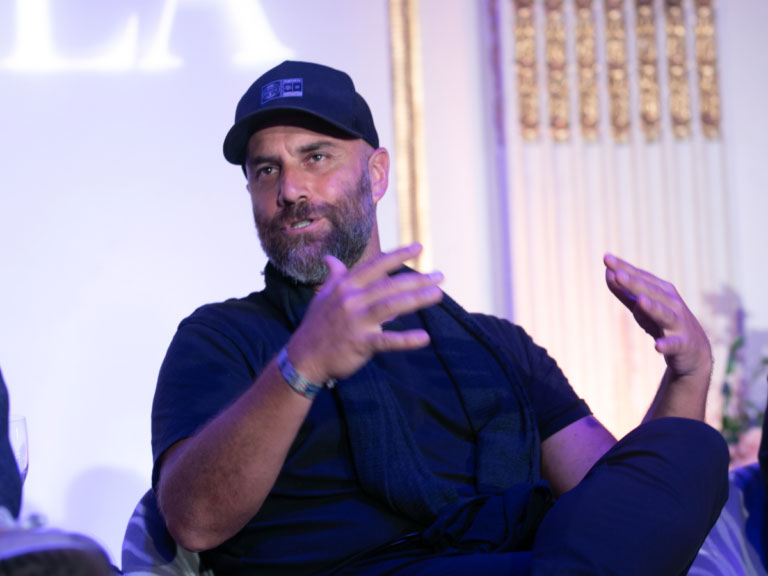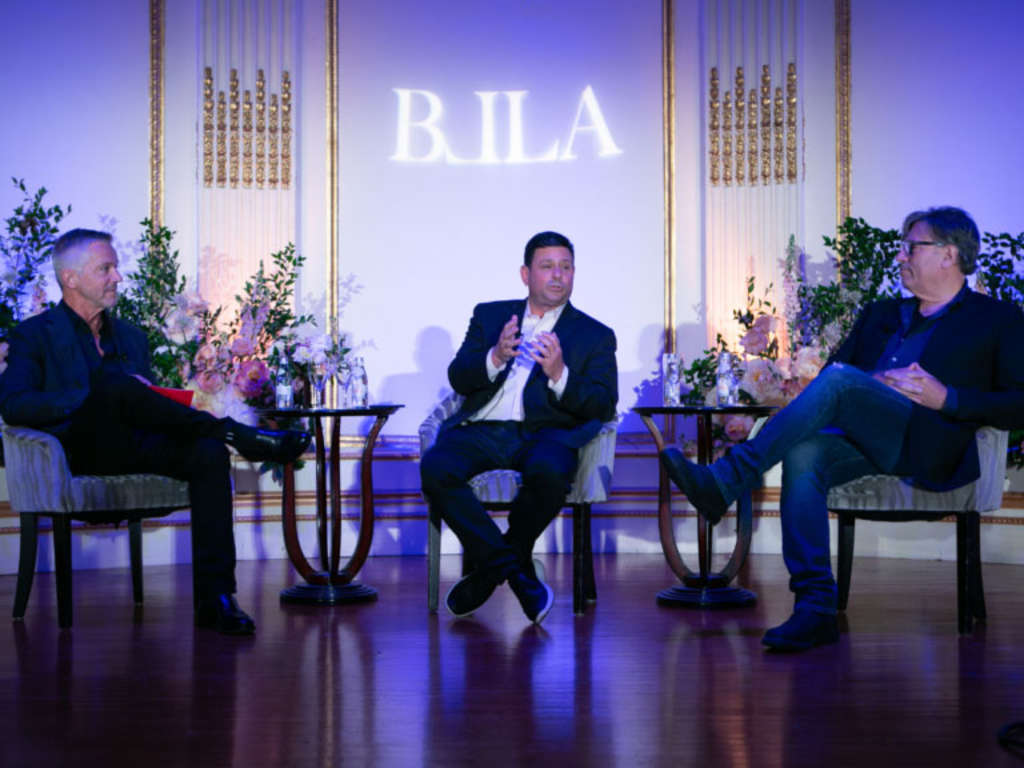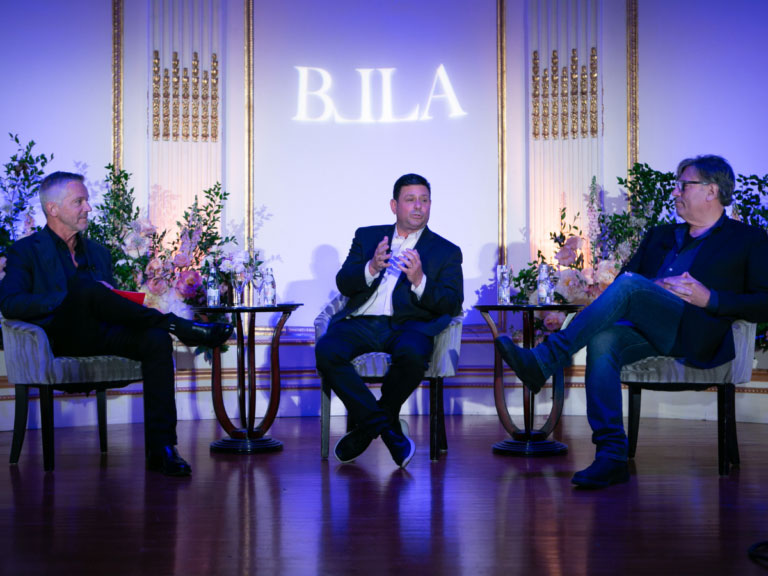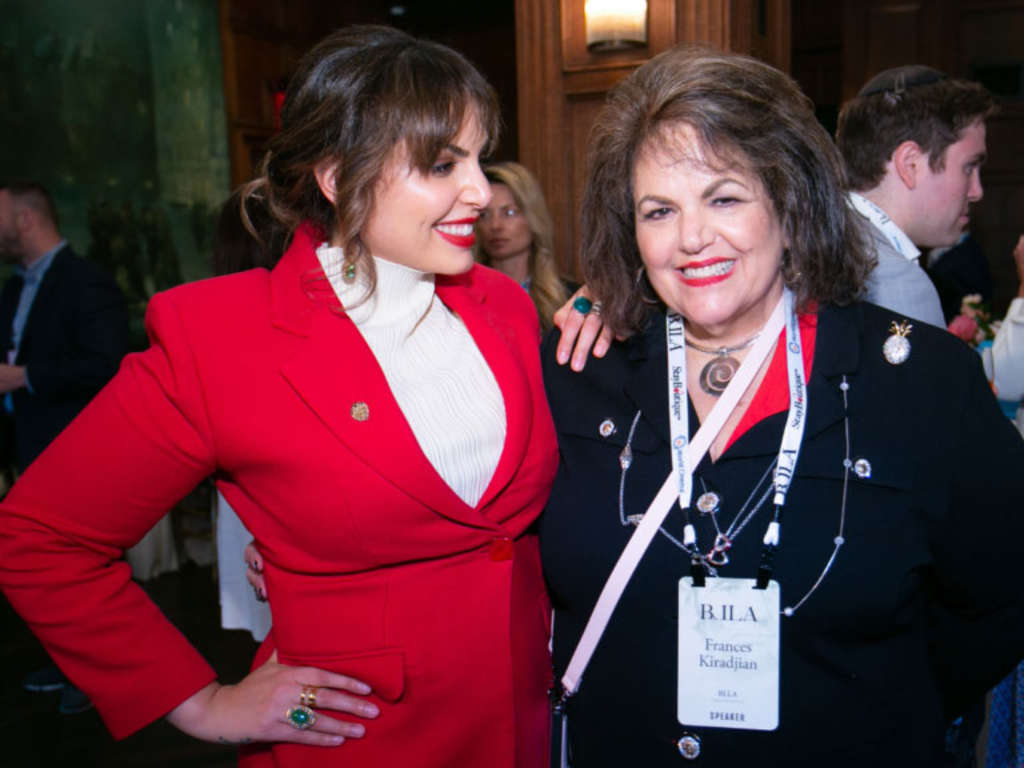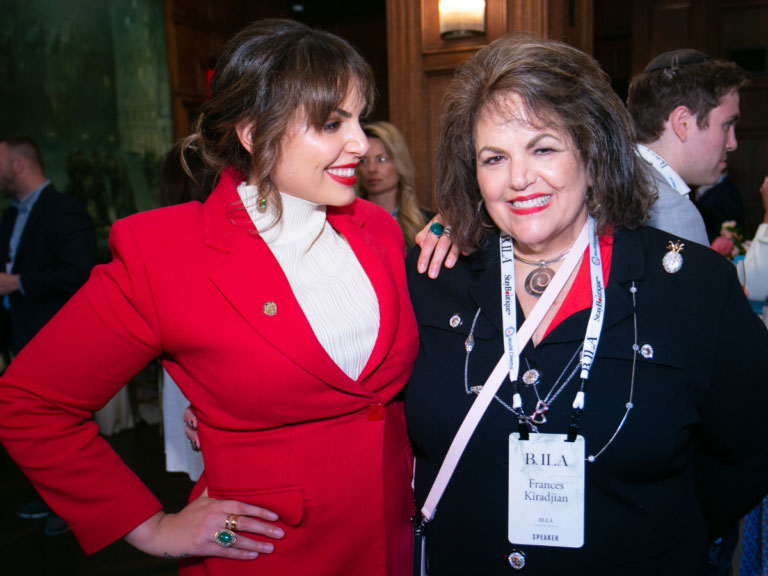How Boutique Brands are Leveraging Strategies to Revolutionize the Hospitality Industry
Takeaways from BLLA’s 2022 Boutique Hotel Investment Conference, Issue 2
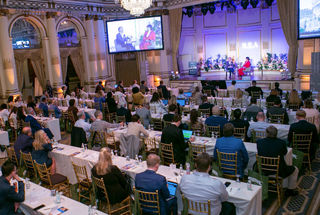
Los Angeles, CA – At this year’s Annual Boutique Hotel Investment Conference, we asked the Senior Vice President of Development at Marcus Hotels & Resorts, Andrea Foster, why she believes in the boutique hotel movement. Her response not only highlights the ingenuity driving forward the boutique lifestyle brand but also emphasizes the authentic strength behind boutique hospitality’s individualism.
“Boutique and independent hotels allow for freedom of personality and expression in the guest experience. It is the opportunity to create what has not been before, buttressed by operational excellence, deep market knowledge, and local connections, delivering a memorable experience that is uniquely exceptional, such that it cannot be replicated.”
Andrea Foster’s eloquent answer rang true throughout the 2022 Annual Boutique Hotel Investment Conference, held on June 8th in New York City. This event marked the 10th year BLLA has fostered meaningful conversations highlighting the significance of boutique leadership within the hospitality sector. Here, globally successful leaders from all areas of the industry shared adaptive and unconventional techniques they’re leveraging to not only create “what has not been done before,” but to expand the boutique hotel lifestyle’s driven mindset to all sectors within the travel hospitality industry.
It’s undeniable that the hospitality industry has been facing unprecedented challenges and uncertainty in the past few years. Even so, the boutique sector is continuing to dramatically revolutionalize travel. By leveraging a small-scale operational approach, brilliant leaders from around the world are redesigning travel by integrating innovative, research-backed strategies into new and well-established hotel designs. Below, we’ve highlighted a few brands featured at BLLA’s 2022 Investment Conference that contributed inventive and refreshing ideas on everything from; hotel management and development design strategies to food and beverage services. These compelling concepts are reconstructing outdated techniques, as well as establishing boutique properties as highly profitable investments with tangible growth-driven mindsets.
Selina’s Membership Services Driving Success
In 2015, Selina CEO & Co-Founder, Rafael Museri, converted an underutilized hotel in Panama into a “community-based, programming first, economically viable hotel option.” This property quickly became the most prominent hotel in the region. Now, Selina hotels can be found on 6 continents across 25 countries, making significant waves in the travel market. Completely renovating the design of traditional accommodation’s communal spaces, each Selina hotel offers guests coworking and event spaces, libraries, and wellness centers, as well as consistent social activities. They offer a wide array of room styles for every type of traveler and take a community-centered approach to welcoming guests from around the world. This brand has an unprecedented growth pattern; opening a new location each week, Selina is offering a unique product that continues to gain global awareness.
One of the ways Rafael Museri challenges the conventional hotel design is by reframing the relationship between initial investment and ADR. In a round table conversation on the topic of developing hotel operation models, Museri explains how the traditional ‘high investment to high payoff’ approach concerning hotel build initial investment is no longer an objective rule when it comes to the newest generation of experiential-focused travelers. “I found out that there is not much connection anymore between how much you invest versus what your ADR is going to be. It used to be a market where if you build a million-dollar room, you will be able to charge $400 ADR at 80% occupancy.” However, Selina’s development model is completely changing this notion; “We’re building a glamping experience in the desert of Morocco. The entire investment per key can be 50X less than the million dollars builds typical in Manhattan, yet we can still charge $800 at decent occupancy,” said Rafael.
The vast majority of Millennials and Gen Z-ers are trending toward experience over materialism when it comes to travel, and Museri suggested more hoteliers take this information seriously. “I don’t think 95% of companies building hotels are listening enough to the data. If you believe in this data, the amount of growth opportunities is just endless. People are looking for unique experiences and are willing to pay a lot for it. Today the authentic local experience will always win over the standardized product.”
The three top trends Selina’s CEO trusts? Coworking, driving authentic experiences, and fostering connections.
To learn more about why Museri believes in these principles, read BLLA’s interview with Selina Co-Founder here: An Interview with Rafael Museri – BLLA.
How can Food and Beverage services fit into the localized method of lifestyle-led hotel design?
Though food and beverage can be low on hotel operators’ priority lists, often seen as a simple amenity, brands within the lifestyle market are reshaping the industry’s outlook on dining options in hotels. In a compelling round table conversation with Jody Pennette, the Founder and CEO of cb5 Hospitality Group, industrious and innovative BLLA speakers shared the original ideas that are redesigning hotels’ traditional dining experiences and contributing to these brands’ success.
When it comes to incorporating a localized feel to a hotel, Peter Wright of Nestle Premium Waters believes, “Food and Beverage is good as a marketing tool and is probably the most tangible extension of the brand. When people are trying to find the vibe of a street or a neighborhood, I think the food and beverage is the best portal for them to gain access and feel the mojo of the brand and the street working together.”
The shift from offering conventional hotel dining options to an exclusive, upscale food experience was pioneered by Ian Schrager’s Skybar at Mondrian. This popular destination in Los Angeles attracted worldwide attention by offering a seductive night scene, right on the roof of the Mondrian for guests to immerse themselves in the LA party experience without leaving the hotel grounds. Taking inspiration from this technique, Wright expresses how “Food and beverage is becoming destination-worthy, with nothing to do with the actual room stay.” That’s not to say the two are mutually exclusive, but “exponentially creating a shared culture where the two work together to deliver the thrust” is important when considering the relationship between food services and hotel design.
Dream Hotel – Building Profitable Spaces Outside Guest Rooms
Dream Hotel Group is also a pioneer when it comes to true lifestyle-driven accommodation design. Taking a similar approach to Skybar, this upscale lifestyle brand caters to global travelers looking for high-end service and a built-in nightlife. The group knows that investing in F&B is an asset growth ‘game-changer’. By offering elevated dining and entertainment experiences on-site, the group’s modern perspective on localization has led them to success. One example is their Dream Hollywood’s rooftop bar, a chic destination for locals and travelers alike.
The exclusive and stylish bar averages about one million dollars a week in revenue, according to CEO Jay Stein. About 75% of the revenue from Dream Hollywood comes from food and beverage services, an impressive number for any hotel, but especially one in a city saturated with some of the world’s most elaborate restaurants and bar options. Though this statistic is an anomaly for the brand, Stein reported that, surprisingly, 50% of the brand’s revenue comes from on-site food and beverage services.
“By putting a great vibe into our hotels, people wanted to stay there,” offered Stein. Instead of guests leaving the hotel property to meet with friends or colleagues for a bite, the hotel’s investment in creating modern, attractive spaces encourages Dream Hotel business and leisure travelers to stay on-site and increase F&B capital.
Sourcing Quality, Local Ingredients
Supporting local agriculture and showcasing specialty dishes with fresh ingredients, Peter Wright is revolutionizing the food and beverage industry. Traditionally, restaurants and bars in hotels have valued efficiency over quality when it came to the ingredients in their kitchens. However, Peter Wright, the Division Manager at Nestle Premium Waters, suggests an inclusive method to establish a profitable F&B service.
“Where food and beverage become unique in the boutique sector, is that the mantra isn’t always efficiency,” said Wright. By foraging and developing relationships with specialized, local suppliers, restaurants can “create an emotional connection with the guests. Being involved with where you get products, maintaining and supporting local farms and sources, is building more of a community.” The Nestle Premium Waters brand sees this perspective as an essential part of developing a successful food and beverage service.
The way Wright sees it, for “small, independent boutique hotels trying to vibrate on what the local scene is, the restaurant has the best extension to connect with locals and guests,” and encouraged hoteliers to intentionally seek quality suppliers. “If you look now, restaurants are purchasing daily, small amounts with less processing. You don’t make soup for a week and rotate it in the walk-in, you make it daily. I think it’s this nature of working ‘a La minute’; working with fresh product, you need to develop local people who can deliver on a consistent frequency.”
The Message
The conversations held at this year’s investment conference perfectly demonstrate BLLA’s consistently impressive mission; “To counteract corporate monotony and champion creativity. To forget the forgettable and forge the once-in-a-lifetime. To break down doors and link the most brilliant minds in the industry. To build on our now 13-year legacy of reimagining the multifaceted future of boutique hospitality—together.”
BLLA (Boutique & Luxury Lodging Association)
Established in 2009, the Boutique Lifestyle Lodging Association (BLLA) is the world's most innovative and influential association for independent boutique hotels, brands, and suppliers. Dedicated to championing the unique essence of boutique hospitality, BLLA offers its global membership base unparalleled networking opportunities, industry insights, and advocacy initiatives. With a mission to elevate and empower independent hotel owners and operators, BLLA continues to shape the future of hospitality through innovation, collaboration, and excellence. The organization is a pioneer in forecasting the boutique movement. The corporate manifesto showcases BLLA as a catalyst for trends and the future of the boutique lifestyle, with a focus on hospitality. BLLA.org BLLA LinkedIn BLLA Events LinkedIn
Experience the intention behind BLLA Events.



